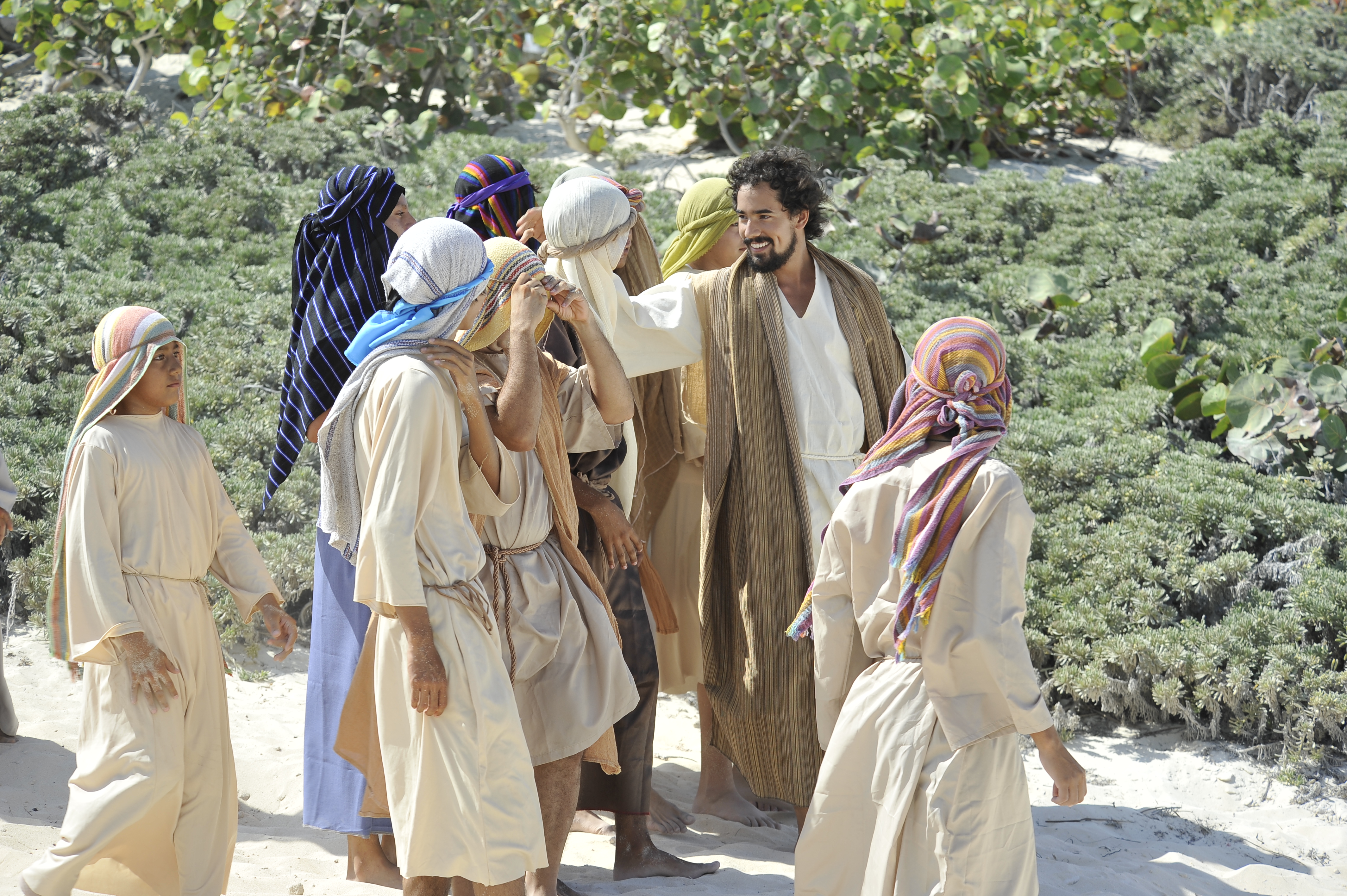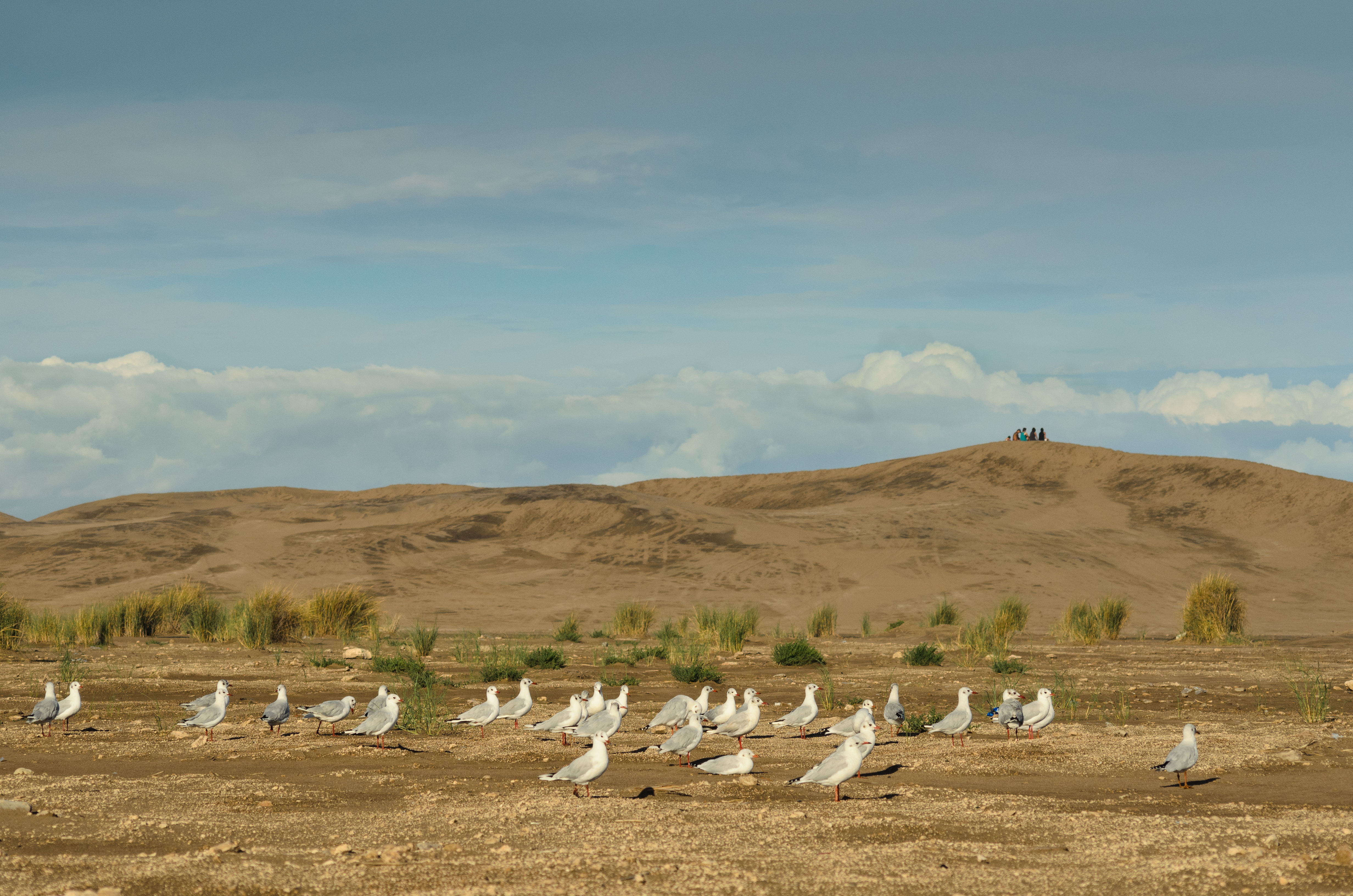All Souls’ Day is a wonderful opportunity to pray for the dead, uniting our personal intentions to the prayers of the Mass. The month of November also gives us the opportunity for indulgences when praying for the dead. Most of us know that this is an important part of the Christian life, even a work of mercy, but suffrage for the dead has become less practiced in modern times.
In the old Requiem Mass, said at funerals, memorials of the dead, and on All Souls’ Day, the priest repeated this petition for the dead at least three times: “Eternal rest give unto them, O Lord, and let perpetual light shine upon them.” At the Offertory prayer before the preparation of the altar, the priest prayed: “Lord Jesus Christ, King of glory, deliver the souls of all the faithful departed from the pains of Hell and the bottomless pit. . . . Let the holy standard-bearer Michael lead them into the holy light. . . . Lord, in praise we offer you sacrifices and prayers, accept them on behalf of those who we remember this day: Lord, make them pass from death to life, as once you promised to Abraham and his seed.” At the Sequence before the Gospel, the faithful were reminded of the Last Judgment and implored God to spare them from damnation.
Today, we can forget that the faithful departed need our prayers. We focus on verses such as “The souls of the just are in the hand of God” and “I shall raise him on the last day” and pass over “As gold in the furnace, he proved them” and “We were indeed buried with him through baptism into death.” All of these verses are present in the options for All Souls’ Day, but sometimes we forget how important it is to pray for the dead, that God may soon grant them eternal rest.
The faithful departed do have heaven to look forward to, an eternity of union with God. But for most of them, we cannot be sure if they have arrived yet, which means that they are experiencing intense suffering in Purgatory. In Purgatory, they experience a pure love of God, but they see more clearly than ever their imperfections, and are torn apart with pain over being separated from Him. It is our prayers and sacrifices that help these faithful to be purged of their sins that keep them from embracing God.
We should still rejoice in the ultimate fate of the faithful departed, and should give praise to the Lord for His great mercy in preparing a place for the just. At the same time, we should not stop praying for them. The souls in Purgatory eagerly await the heavenly banquet, and they richly reward those who help them to get there more quickly. Such small things to us as offering a Mass or praying a Rosary on their behalf go a long way for them.
El Día de los Muertos es una maravillosa oportunidad para orar por los difuntos, uniendo nuestras intenciones personales a las oraciones de la Misa. El mes de noviembre también nos da la oportunidad de indulgencias al orar por los difuntos. La mayoría de nosotros sabemos que esta es una parte importante de la vida cristiana, incluso una obra de misericordia, pero el sufragio por los muertos se ha vuelto menos practicado en los tiempos modernos.
En la antigua Misa de Réquiem, dicha en los funerales, en memoria de los difuntos y en el Día de los Muertos, el sacerdote repetía esta petición por los difuntos por lo menos tres veces: “Dales el descanso eterno, oh Señor, y que brille la luz perpetua. sobre ellos.” En la oración del Ofertorio antes de preparar el altar, el sacerdote oró: “Señor Jesucristo, Rey de la gloria, libra las almas de todos los fieles difuntos de las penas del Infierno y del abismo. . . . Que el santo portaestandarte Miguel los conduzca a la luz sagrada. . . . Señor, en alabanza te ofrecemos sacrificios y oraciones, acéptalos en nombre de aquellos que recordamos este día: Señor, hazlos pasar de muerte a vida, como una vez prometiste a Abrahán y su descendencia.” En la Secuencia antes del Evangelio, se les recuerda a los fieles del Juicio Final e imploran a Dios que los librara de la condenación.
Hoy en día podemos olvidar que los fieles difuntos todavía necesitan nuestras oraciones. Nos enfocamos en versos tales como “Las almas de los justos están en la mano de Dios” y “Yo lo resucitaré en el último día” y pasamos por alto “Como oro en el horno, los probó” y “Ciertamente fuimos sepultados con él por el bautismo en la muerte.” Todos estos versículos están presentes en las opciones para el Día de los Muertos, pero a veces olvidamos lo importante que es orar por los muertos, para que Dios les conceda pronto el descanso eterno.
Los fieles difuntos están esperando entrar el cielo, una eternidad de unión con Dios. Pero para la mayoría de ellos, no podemos estar seguros si ya llegaron, y es posible que estén experimentando un intenso sufrimiento en el Purgatorio. En el Purgatorio experimentan un amor puro de Dios, pero ven más claramente que nunca sus imperfecciones y se desgarran de dolor por estar separados de Él. Son nuestras oraciones y sacrificios los que ayudan a estos fieles a ser purgados de sus pecados que les impiden abrazar a Dios.
Todavía debemos regocijarnos en el destino final de los fieles difuntos, y debemos alabar al Señor por Su gran misericordia al preparar un lugar para los justos. Al mismo tiempo, no debemos dejar de orar por ellos. Las almas del Purgatorio esperan ansiosas el banquete celestial, y recompensan ricamente a quienes las ayudan a llegar más rápidamente. Cosas tan pequeñas para nosotros como ofrecer una Misa o rezar un Rosario para ellos es una gran ayuda para sus almas.
 David Dashiell is a freelance author and editor in Nashville, Tennessee. He has a master’s degree in theology from Franciscan University, and is the editor of the anthology Ever Ancient, Ever New: Why Younger Generations Are Embracing Traditional Catholicism.
David Dashiell is a freelance author and editor in Nashville, Tennessee. He has a master’s degree in theology from Franciscan University, and is the editor of the anthology Ever Ancient, Ever New: Why Younger Generations Are Embracing Traditional Catholicism.
Feature Image Credit: Gime Salvatelli, cathopic.com/photo/12327-fuego


 Susan Ciancio has a BA in psychology and a BA in sociology from the University of Notre Dame, with an MA in liberal studies from Indiana University. For the past 19 years, she has worked as a professional editor and writer, editing both fiction and nonfiction books, magazine articles, blogs, educational lessons, professional materials and website content. Thirteen of those years have been in the pro-life sector. Currently Susan freelances and writes weekly for HLI, edits for American Life League, and is the executive editor of Celebrate Life Magazine. She also serves as executive editor for the Culture of Life Studies Program—an educational nonprofit program for K-12 students. You can reach her at
Susan Ciancio has a BA in psychology and a BA in sociology from the University of Notre Dame, with an MA in liberal studies from Indiana University. For the past 19 years, she has worked as a professional editor and writer, editing both fiction and nonfiction books, magazine articles, blogs, educational lessons, professional materials and website content. Thirteen of those years have been in the pro-life sector. Currently Susan freelances and writes weekly for HLI, edits for American Life League, and is the executive editor of Celebrate Life Magazine. She also serves as executive editor for the Culture of Life Studies Program—an educational nonprofit program for K-12 students. You can reach her at 
 Mike Karpus is a regular guy. He grew up in Michigan’s Upper Peninsula, graduated from Michigan State University and works as an editor. He is married to a Catholic school principal, raised two daughters who became Catholic school teachers at points in their careers, and now relishes his two grandchildren, including the older one who is fascinated with learning about his faith. He also has served on a Catholic school board, a pastoral council and a parish stewardship committee. He currently is a lector at Mass, a Knight of Columbus, Adult Faith Formation Committee member and a board member of the local Habitat for Humanity organization. But mostly he’s a regular guy.
Mike Karpus is a regular guy. He grew up in Michigan’s Upper Peninsula, graduated from Michigan State University and works as an editor. He is married to a Catholic school principal, raised two daughters who became Catholic school teachers at points in their careers, and now relishes his two grandchildren, including the older one who is fascinated with learning about his faith. He also has served on a Catholic school board, a pastoral council and a parish stewardship committee. He currently is a lector at Mass, a Knight of Columbus, Adult Faith Formation Committee member and a board member of the local Habitat for Humanity organization. But mostly he’s a regular guy.
 Leslie Sholly is a Catholic, Southern wife and mother of five, living in her hometown, Knoxville, Tennessee. She graduated from Georgetown University with an English major and Theology minor. She blogs at
Leslie Sholly is a Catholic, Southern wife and mother of five, living in her hometown, Knoxville, Tennessee. She graduated from Georgetown University with an English major and Theology minor. She blogs at 
 Kate Taliaferro is an Air Force wife and mother. She is blessed to be able to homeschool, bake bread and fold endless piles of laundry. When not planning a school day, writing a blog post or cooking pasta, Kate can be found curled up with a book or working with some kind of fiber craft. Kate blogs at
Kate Taliaferro is an Air Force wife and mother. She is blessed to be able to homeschool, bake bread and fold endless piles of laundry. When not planning a school day, writing a blog post or cooking pasta, Kate can be found curled up with a book or working with some kind of fiber craft. Kate blogs at 

 Deacon Dan Schneider is a retired general manager of industrial distributors. He and his wife Vicki have been married for over 50 years. They are the parents of eight children and thirty grandchildren. He has a degree in Family Life Education from Spring Arbor University. He was ordained a Permanent Deacon in 2002. He has a passion for working with engaged and married couples and his main ministry has been preparing couples for marriage.
Deacon Dan Schneider is a retired general manager of industrial distributors. He and his wife Vicki have been married for over 50 years. They are the parents of eight children and thirty grandchildren. He has a degree in Family Life Education from Spring Arbor University. He was ordained a Permanent Deacon in 2002. He has a passion for working with engaged and married couples and his main ministry has been preparing couples for marriage.
 J.M. Pallas has had a lifelong love of Scriptures. When she is not busy with her vocation as a wife and mother to her “1 Samuel 1” son, or her vocation as a public health educator, you may find her at her parish women’s bible study, affectionately known as “The Bible Chicks.”
J.M. Pallas has had a lifelong love of Scriptures. When she is not busy with her vocation as a wife and mother to her “1 Samuel 1” son, or her vocation as a public health educator, you may find her at her parish women’s bible study, affectionately known as “The Bible Chicks.”


 Sheryl is happy to be the number 1 cheerleader and supporter for her husband, Tom who is a candidate for the Permanent Diaconate in the Diocese of Kalamazoo. They are so grateful for the opportunity to grow together in this process. Sheryl’s day job is serving her community as the principal for St. Therese Catholic School in Wayland, Michigan. Since every time she thinks she gets life all figured out, she realizes just how far she has to go, St. Rita of Cascia is her go-to Saint for intercession and help. Home includes Carlyn, a very, very goofy Golden Retriever and Lucy, our not-so-little rescue puppy.
Sheryl is happy to be the number 1 cheerleader and supporter for her husband, Tom who is a candidate for the Permanent Diaconate in the Diocese of Kalamazoo. They are so grateful for the opportunity to grow together in this process. Sheryl’s day job is serving her community as the principal for St. Therese Catholic School in Wayland, Michigan. Since every time she thinks she gets life all figured out, she realizes just how far she has to go, St. Rita of Cascia is her go-to Saint for intercession and help. Home includes Carlyn, a very, very goofy Golden Retriever and Lucy, our not-so-little rescue puppy. 

 Kathryn Mulderink, MA, is married to Robert, Station Manager for Holy Family Radio. Together they have seven children (including Father Rob), and four grandchildren. She is President of the local community of Secular Discalced Carmelites and has published five books and many articles. Over the last 30 years, she has worked as a teacher, headmistress, catechist, Pastoral Associate, and DRE, and as a writer and voice talent for Catholic Radio. Currently, she serves the Church by writing and speaking, and by collaborating with various parishes and to lead others to encounter Christ and engage their faith. Her website is
Kathryn Mulderink, MA, is married to Robert, Station Manager for Holy Family Radio. Together they have seven children (including Father Rob), and four grandchildren. She is President of the local community of Secular Discalced Carmelites and has published five books and many articles. Over the last 30 years, she has worked as a teacher, headmistress, catechist, Pastoral Associate, and DRE, and as a writer and voice talent for Catholic Radio. Currently, she serves the Church by writing and speaking, and by collaborating with various parishes and to lead others to encounter Christ and engage their faith. Her website is 